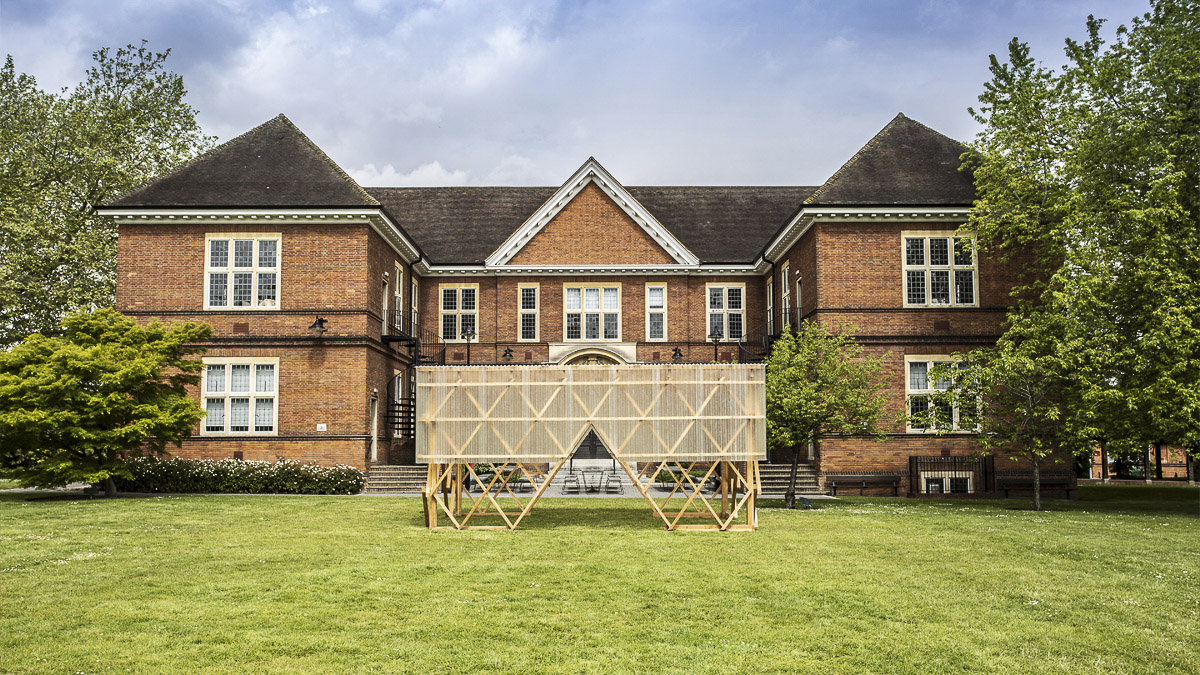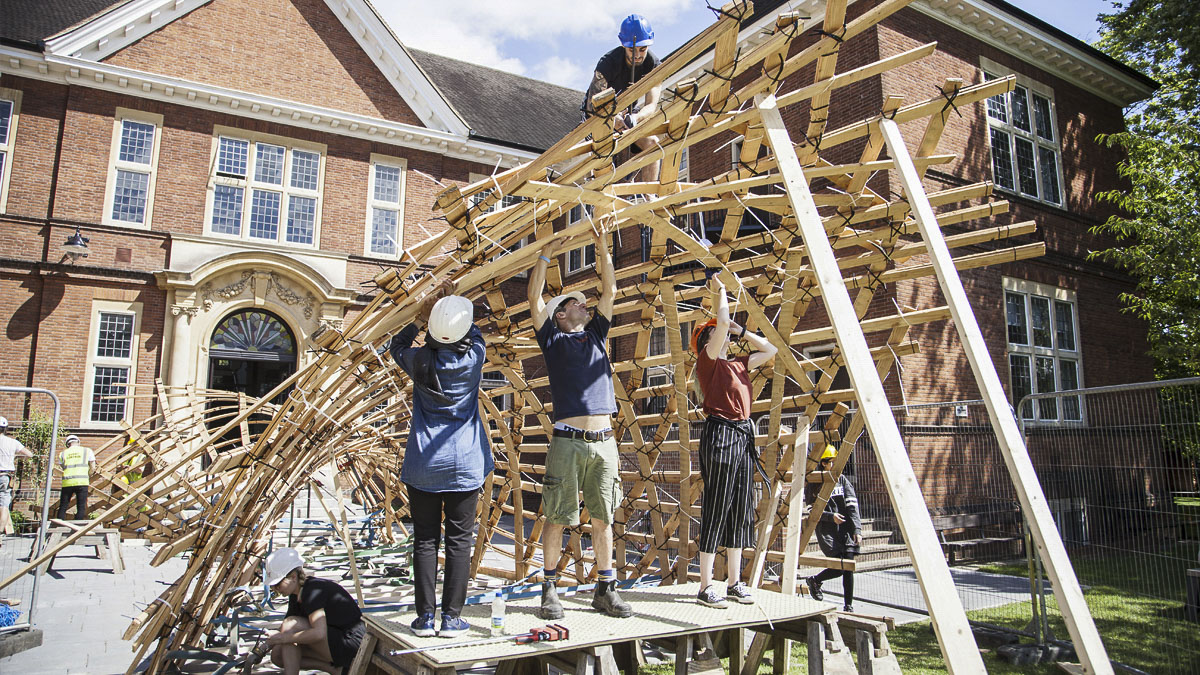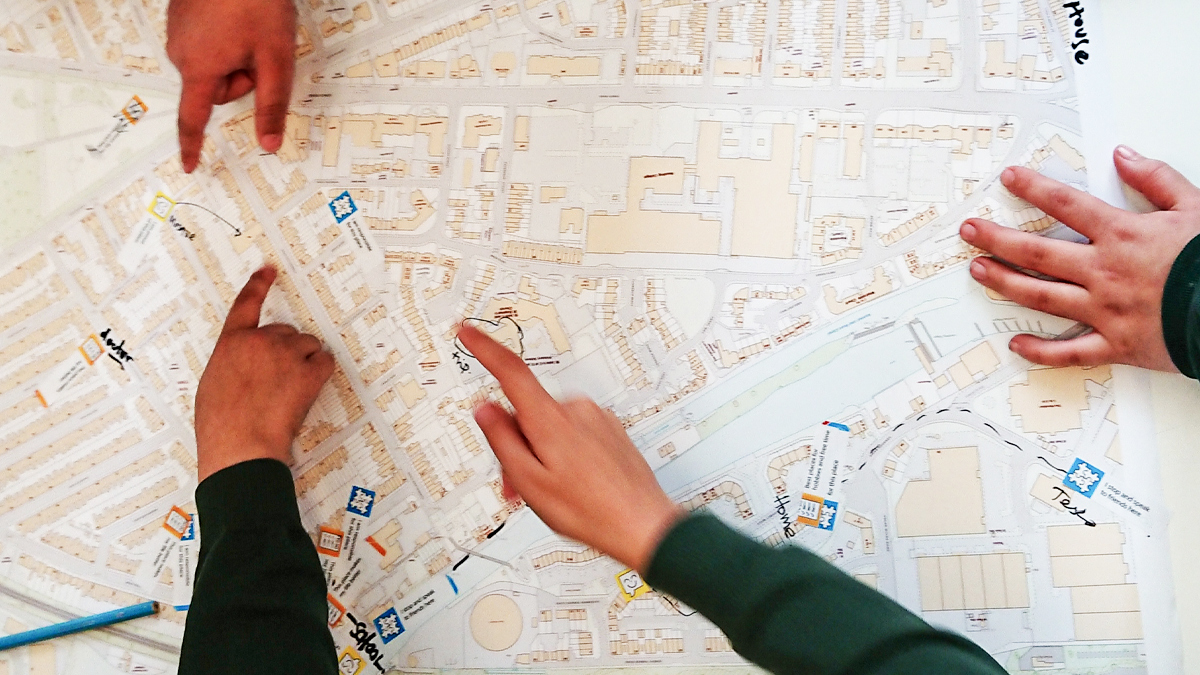The School of the Built Environment delivers world-leading research relating to the design, construction and operation of the built environment. 100% of our research is of international standing (REF 2021, combining 4*, 3* and 2* submissions – Architecture, Built Environment and Planning) and 100% of our research impact has been classed 'outstanding’ or ‘very considerable’ (REF 2021, combining 4* and 3* submissions – Architecture, Built Environment and Planning).
Our research vision is to understand the built environment "across the scales" that addresses societal aspirations relating to the built environment, combining real-world problems with high-quality interdisciplinary research.








